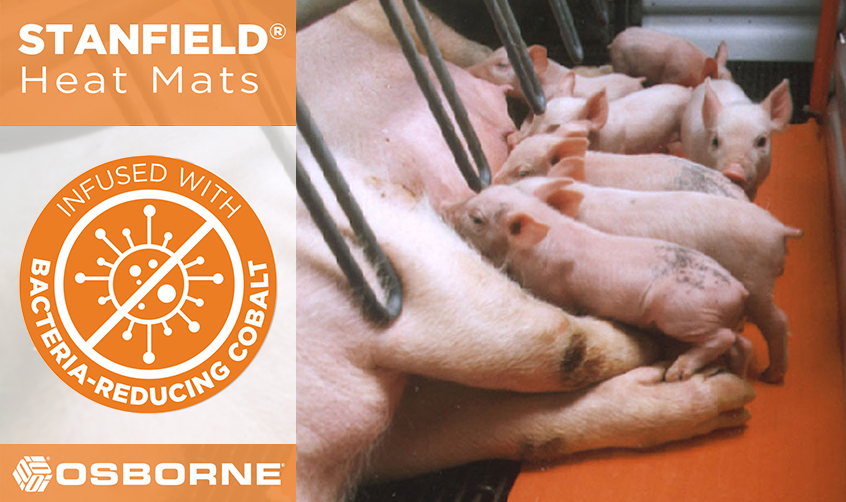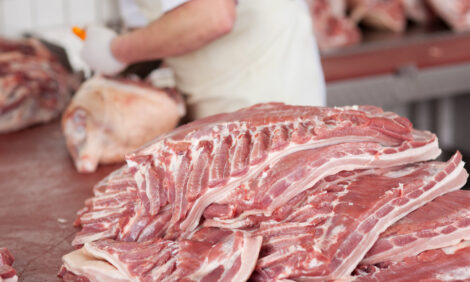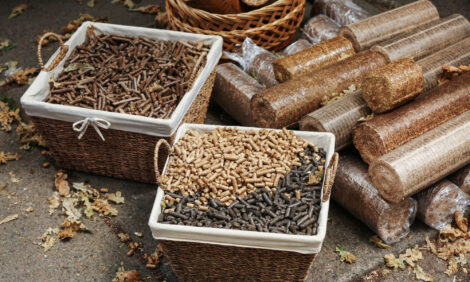



RSPCA: Experts Needed to Help with Pig Project
UK - "An eight-month project looking into practices around tail docking and indoor free farrowing needs you!" according to the RSPCARSPCA has launched the Free Tails project, funded by the Tubney Charitable Trust, in May 2010 to help farmers, researchers and retailers share information about current practice in:
- non-confining free indoor farrowing,
- reducing tail docking without increasing cases of tail biting.
The project aims to gather information relating to these two aspects of pig production and distribute this knowledge to a wider audience, with the ultimate aim of improving pig welfare.
A report will be produced at the end of the project, which will be passed on to the Tubney Charitable Trust, in order to help them identify where their support could best be targeted.
The Tubney Charitable Trust is a grant-making charity which supports activities that have a long term, sustainable and positive impact on the UK’s biodiversity and the welfare of farm animals in this country and internationally.
Workable steps
Kate Parkes, scientific officer for the RSPCA farm animal science department said, "We want to find out what is working in terms of practical steps to help sows give birth indoors in a situation that doesn’t compromise their physical or behavioural needs and is safe for their piglets, that is without farrowing crates.
"We also want to find out how to limit tail docking without increasing tail biting, again in terms of practical, commercially viable, workable steps."
Ms Parkes also added that anybody who is a pig farmer, involved in scientific research, or a retailer of pork products can get involved in the project. "The idea is to share information so that we can improve the welfare of pigs," she said.
Any new initiatives must be commercially viable and therefore the economic aspect is particularly of interest. For example, if a producer is able to stop tail docking and tail biting has not increased, this will result in cost savings in terms of the producers time. It would be useful to share this kind of information.









